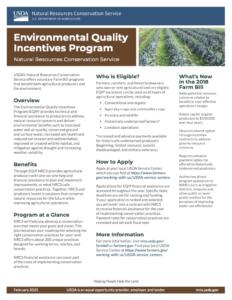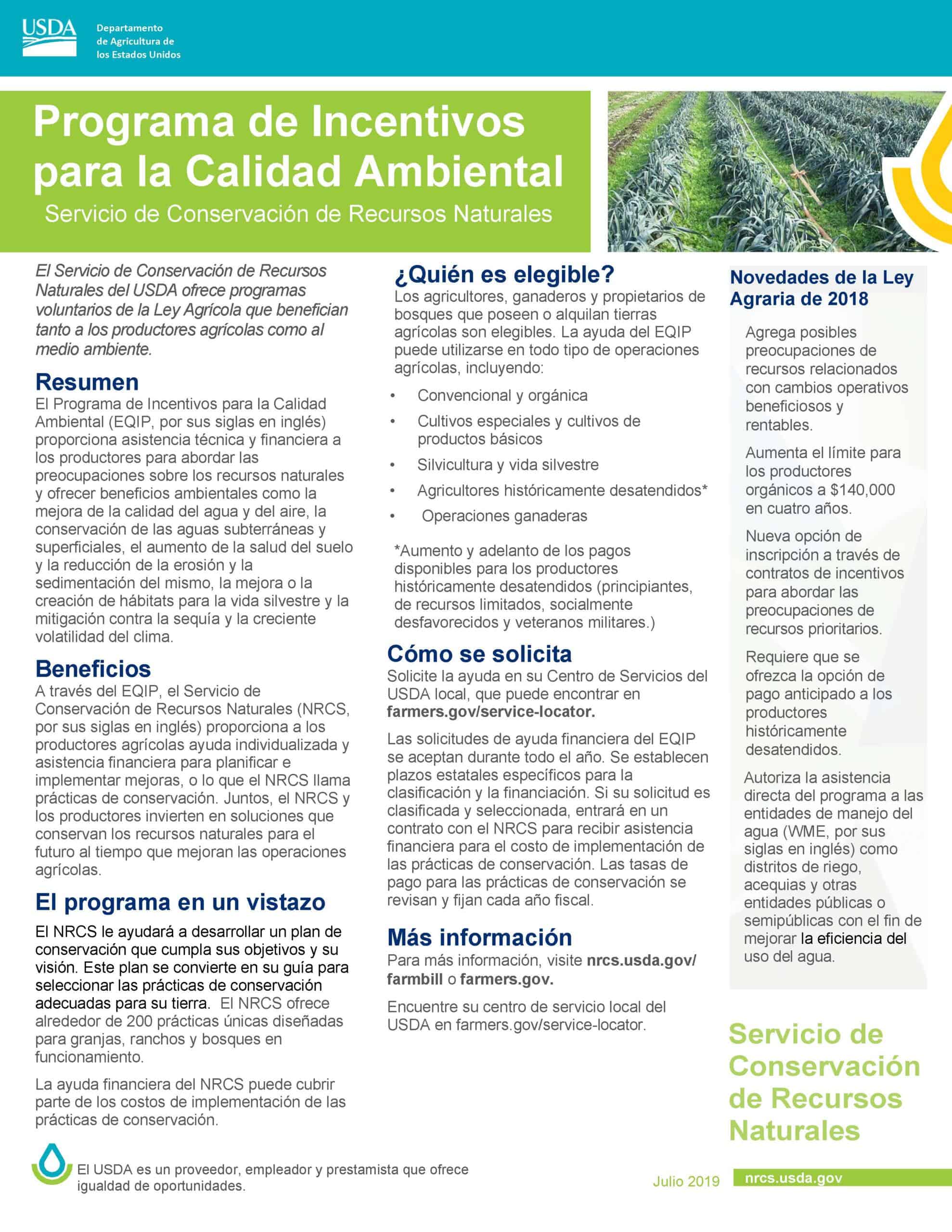Policy Developments in 2025 and How They Are Affecting Small Farms
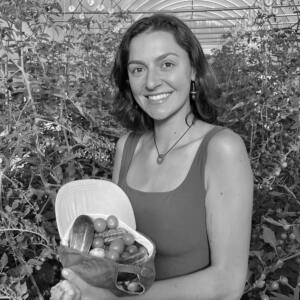
Katelyn Hemmer, Policy & Programs Intern
By Katelyn Hemmer, OFRF Policy & Programs Intern, Winter 2025-26
Despite messaging around reinvigorated support for small farms, USDA’s policy choices over the last year have revealed a widespread erosion of resources for small farmers. Small farms have been the cornerstone of community for centuries, and it’s no different today. Making up 85% of all farms in the U.S., small family farms keep money in the local economy, conserve land for the next generation, and provide security in the face of global supply chain issues. Although the USDA’s financial assistance programming has by and large been utilized by larger and larger operations, the past year has resulted in a historic level of staffing cuts, leading to fewer resources for small and mid-size farmers and overall a widespread sense of uncertainty.
Key changes to agriculture policy & programs in 2025 affecting farmers in 2026:
- The USDA lost almost 1 in 4 NRCS employees in 2025, the vast majority of whom worked in field offices that provide direct technical assistance and grant support to farmers.
- The USDA terminated the Local Food for Schools Cooperative Agreement Program, the Local Food Purchase Assistance Cooperative Agreement Program, and the Regional Food Business Centers program, resulting in the loss of markets and support for small farmers.
- Programs that remain in place, such as the Patrick Leahy Farm to School Grant Program, have raised grant floors, making it harder for smaller entities and projects to get funding.
- Funding freezes, canceled programs, shutdowns, and market uncertainty have eroded farmers’ trust in the USDA and the federal government.
NRCS Program Cuts & What It Means for Farmers
Over the past year of program cuts and cancellations, the Natural Resources Conservation Service (NRCS) was hit hard. NRCS provides many types of support to farmers including technical assistance, engineering, and conservation plans. NRCS cost share programs give farmers the opportunity to try more sustainable methods of production without risking their business on the initial infrastructure investment. NRCS programs have been backed up for years. Funding is competitive, with 43-44% of Environmental Quality Incentives Program (EQIP) applicants and 53-55% of Conservation Stewardship Program (CSP) applicants awarded contracts. Farmers who secure cost share contracts develop a specific design plan based on technicians’ assessment of the land, and they must follow that plan exactly to receive reimbursement. Much of the work at field offices involves site visits to develop these plans, answer farmers’ questions, and confirm site requirements. Even before this year’s cuts, NRCS employees were stretched thin.
The NRCS lost almost one in four of their employees between January and September of 2025. Many offices were reduced to one or two employees or closed altogether. In rural areas, the closure or severe reduction in staff of an NRCS office means that an already lengthy, bureaucratic process has slowed to a snail’s pace. Of the thousands of employees who were fired or took deferred resignation, only 30 were located in D.C.–– the rest were from field offices around the country. This means that the cuts didn’t “optimize the USDA workforce and stop wasteful spending,” they terminated the contracts of people who provided direct support to farmers in the form of site visits, grant support, and system design. Specific agricultural experience takes years to build and is often location-based. For example, a conservation plan for a farm in New Mexico will not work for one in New York due to differences in their agroecological regions. The cuts to NRCS have created difficulty and uncertainty for farmers with current contracts, hindered the ability of offices to begin new projects, placed the responsibilities of entire offices onto one or two employees, and limited the ability of farmers to farm how they choose to. The lost time and experience resulting from these cuts will impact the efficacy of the agency and farmers’ future conservation efforts.
In December, USDA secretary Brooke Rollins announced a $700 million investment in regenerative agriculture, administered through NRCS. Without a new Farm Bill and the creation of new programs, this money is going toward EQIP and CSP contracts, with no money reserved and no plan for restaffing NRCS field offices across the country. With cuts to other funding sources, both programs are still looking at a net decrease in funding according to analysis by MAD Agriculture: EQIP is now funded at a total of $2.655 billion for FY2026, an increase of $605 million over 2018 Farm Bill baselines, but a decrease of $2.845 billion relative to the combined amount previously allocated through IRA and the 2018 Farm Bill. CSP is now funded at a total of $1.3 billion for FY2026, an increase of $300 million over 2018 Farm Bill baselines, but a decrease of $2.2 billion relative to the combined amount previously allocated through IRA and the 2018 Farm Bill.
Reductions in Funding for Agriculture Programs and Grants Hurts Small Farmers
In March, the USDA cut $1 billion in taxpayer dollars that states could use to buy local produce for institutions such as schools, childcare centers, and food banks. The Local Food for Schools Cooperative Agreement Program and the Local Food Purchase Assistance Cooperative Agreement Program were both terminated, with existing contracts being given only 60 days notice. Other programs also saw cuts–– the Patrick Leahy Farm to School Grant Program was cut by $10 million, more than half its total awarded grants in 2024. Without federal funding, schools and food banks don’t have the extra funds to pay for local, sustainable food, and small farmers can’t afford to give away their food for free.
In July, the USDA dealt another blow to small farmers by eliminating the program that runs the nation’s Regional Food Business Centers. These centers were created with the specific intention of helping small farmers and strengthening the local supply chain in the face of increasing consolidation in the industry. While the centers were only created in 2023, many had already begun funding grants for projects like expanding commercial kitchens and building freezers that allow small farmers to grow their businesses. The Northwest and Rocky Mountain Regional Food Business Center, just one of twelve across the country, reported that their programs helped establish 30 new companies, and increased sales at 50 farms and businesses that worked with the center. Before termination, the program had a budget of $360 million–– a relatively small share of the USDA annual budget, but hugely impactful to the rural communities they served, with 287 businesses across the country reporting increased revenue in just one year of operation. It is difficult to see the termination of these centers as anything more than stated support for the largest players in industrial agriculture.
In September, Secretary of Agriculture Brooke Rollins announced an $18 million investment in the Patrick Leahy Farm to School Grant Program, the largest single-year investment in the program. However, besides the upset and uncertainty that the sudden termination of grants earlier in the year caused, the USDA has set a grant floor of $100,000 for individual partnerships. This means that there will be fewer projects and they will be awarded to larger farms. In previous years, small farms and small schools benefited from the program, with grants as small as $23,000 awarded to rural schools to ensure access to healthy food and create agricultural education programs. The agency also eliminated efforts to ensure that the grants were distributed equitably to underserved communities, low-income students, small farms, and rural school districts. With the new restrictions, small farms have lost another market.
How You Can Take Action to Support Small Farmers
Small farmers are struggling to keep their doors open. The number of farms declined 8% between 2017 and 2024 with the vast majority of closed farms having sales under $50,000. With margins so small, the funding freeze in early 2025 and the subsequent termination of many grants and programs dealt a huge blow to small farms. Additionally, the pause in SNAP funding caused by the government shutdown in late 2025 and the new restrictions on the program cut into small farmers’ sales. This is especially impactful in states that have SNAP incentive models that promote healthy eating, like Colorado’s “Double Up Food Bucks” or Georgia’s “Fresh For Less”. The policy changes and political events over the past year have had a measurable effect on farmer profit and future prospects.
Our food system has always been shaped by federal and state policy. There is widespread popular support for policies that would remove artificial dyes or banning harmful pesticides from both major political parties. Officials often propose legislation that would promote agricultural research, limit money going to the biggest players, and other programs or policy changes that would make it easier to live as a small farmer in America. Policy modifications to current government programs, such as Farm to School grants, could make it easier for small farmers to secure contracts. Fully staffed and fully funded NRCS offices would allow more farmers to afford projects that protect their land. Whether you are a farmer, a land owner, or just someone who consumes food, you have a stake in this issue and the ability to get involved. Here are a couple of resources to help you get started:





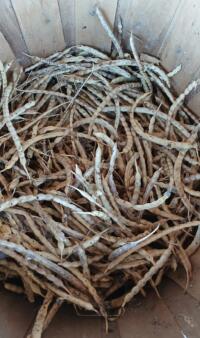
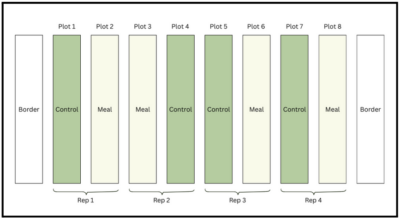
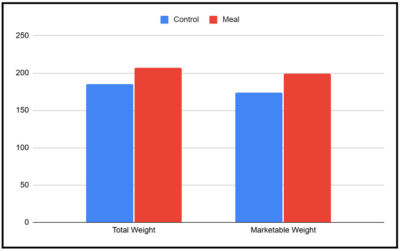
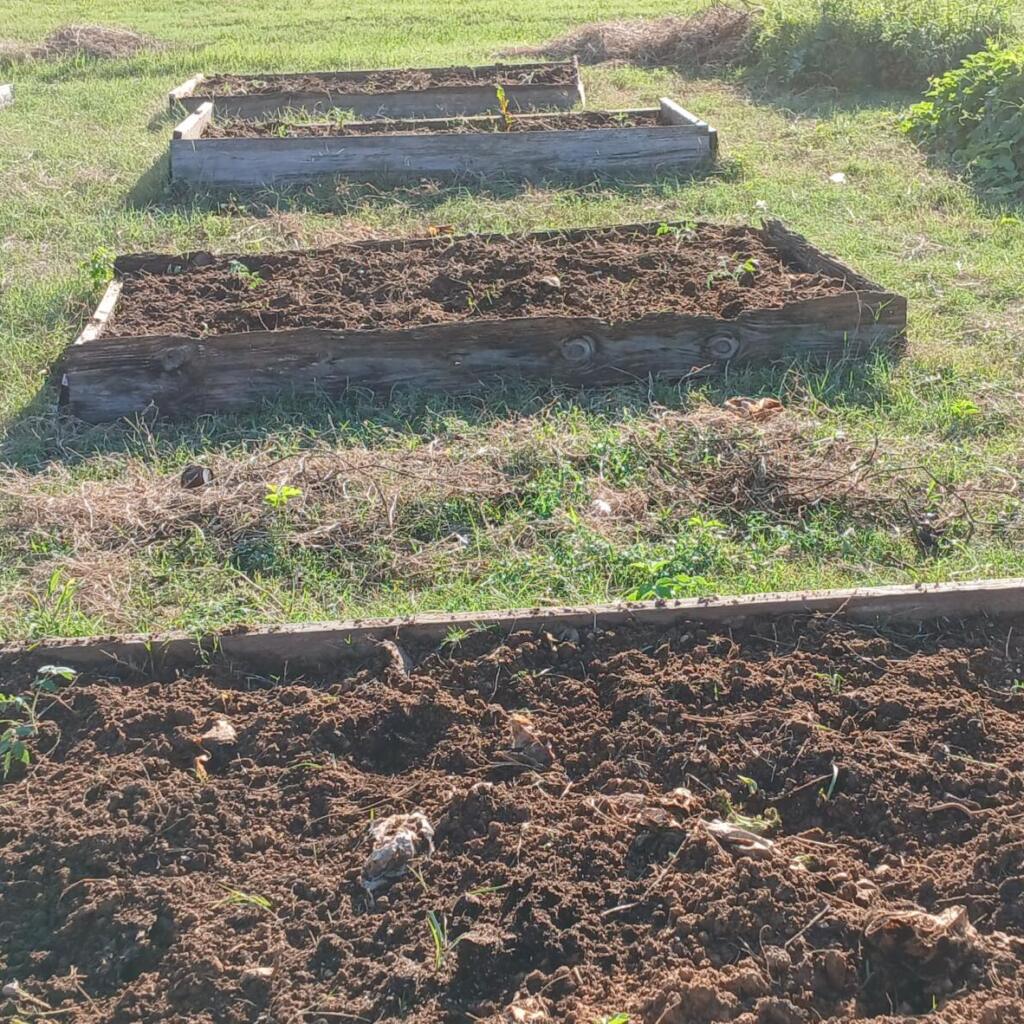
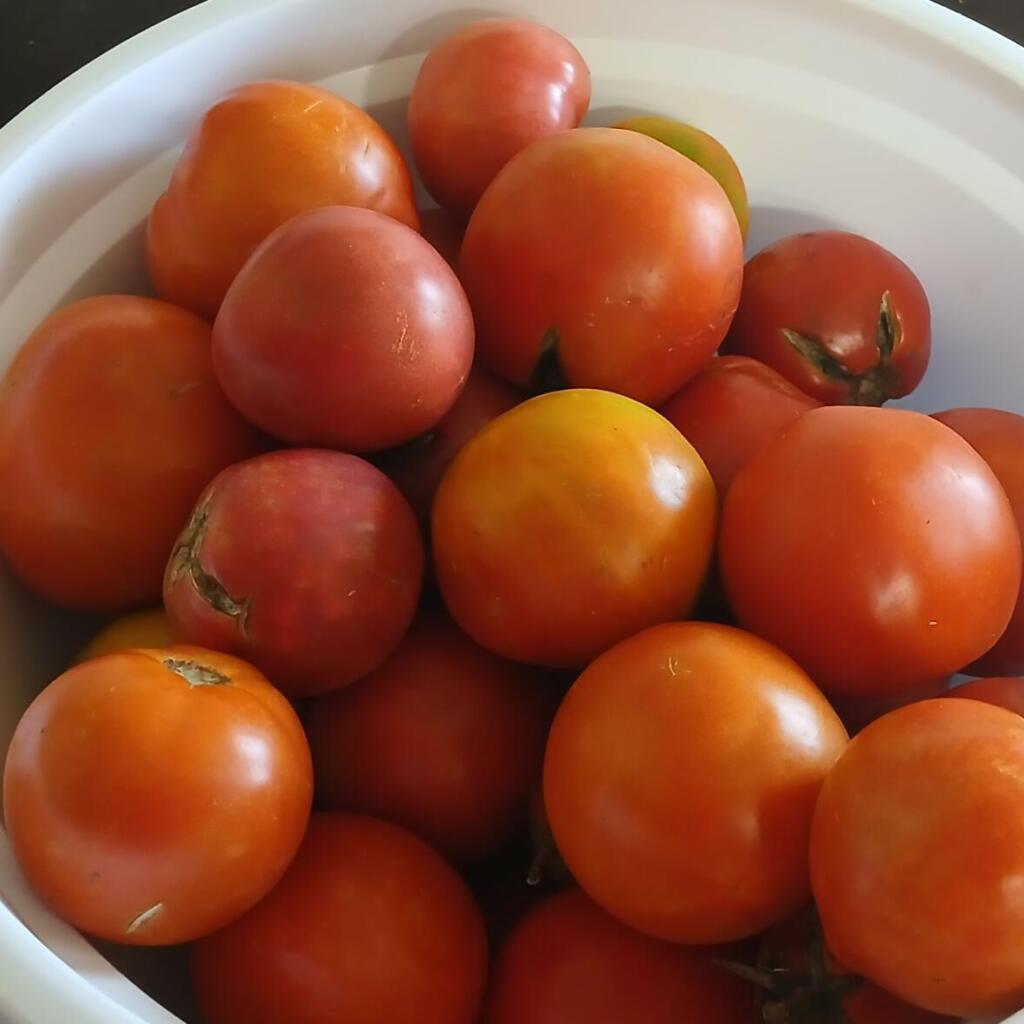
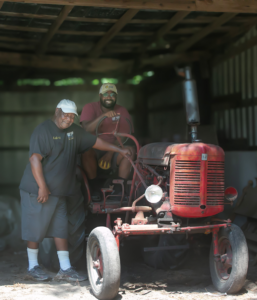
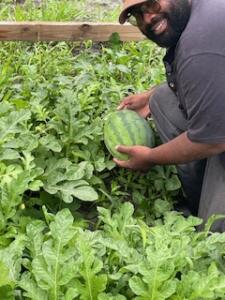
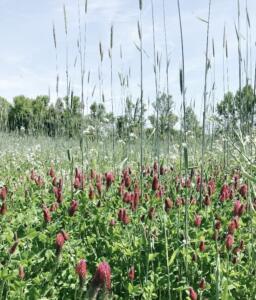


 Rachel was motivated to implement conservation practices to reduce the risks associated with irrigation costs, one of the biggest concerns on her farm. During the very hot Arizona summers, Rachel can spend up to four hours a day hand-watering her crops. Not only is this time-consuming, but because she operates an urban farm that’s reliant on city water, it can be expensive. She is also passionate about
Rachel was motivated to implement conservation practices to reduce the risks associated with irrigation costs, one of the biggest concerns on her farm. During the very hot Arizona summers, Rachel can spend up to four hours a day hand-watering her crops. Not only is this time-consuming, but because she operates an urban farm that’s reliant on city water, it can be expensive. She is also passionate about  At Little Lighthouse Farm, soil health was restored because of the years of research on the benefits of cover cropping. Better soil health allows Rachel to grow better crops, which provide nutritious products to community members. Research funding makes this all possible and demonstrates that innovations in organic agriculture research can result in widespread adoption of beneficial practices, helping farms of all sizes and production types meet conservation goals. And the benefits of research extend beyond the farm, too. According to an analysis done by the USDA Economic Research Service (ERS), every $1 invested into agricultural research triggers a
At Little Lighthouse Farm, soil health was restored because of the years of research on the benefits of cover cropping. Better soil health allows Rachel to grow better crops, which provide nutritious products to community members. Research funding makes this all possible and demonstrates that innovations in organic agriculture research can result in widespread adoption of beneficial practices, helping farms of all sizes and production types meet conservation goals. And the benefits of research extend beyond the farm, too. According to an analysis done by the USDA Economic Research Service (ERS), every $1 invested into agricultural research triggers a 